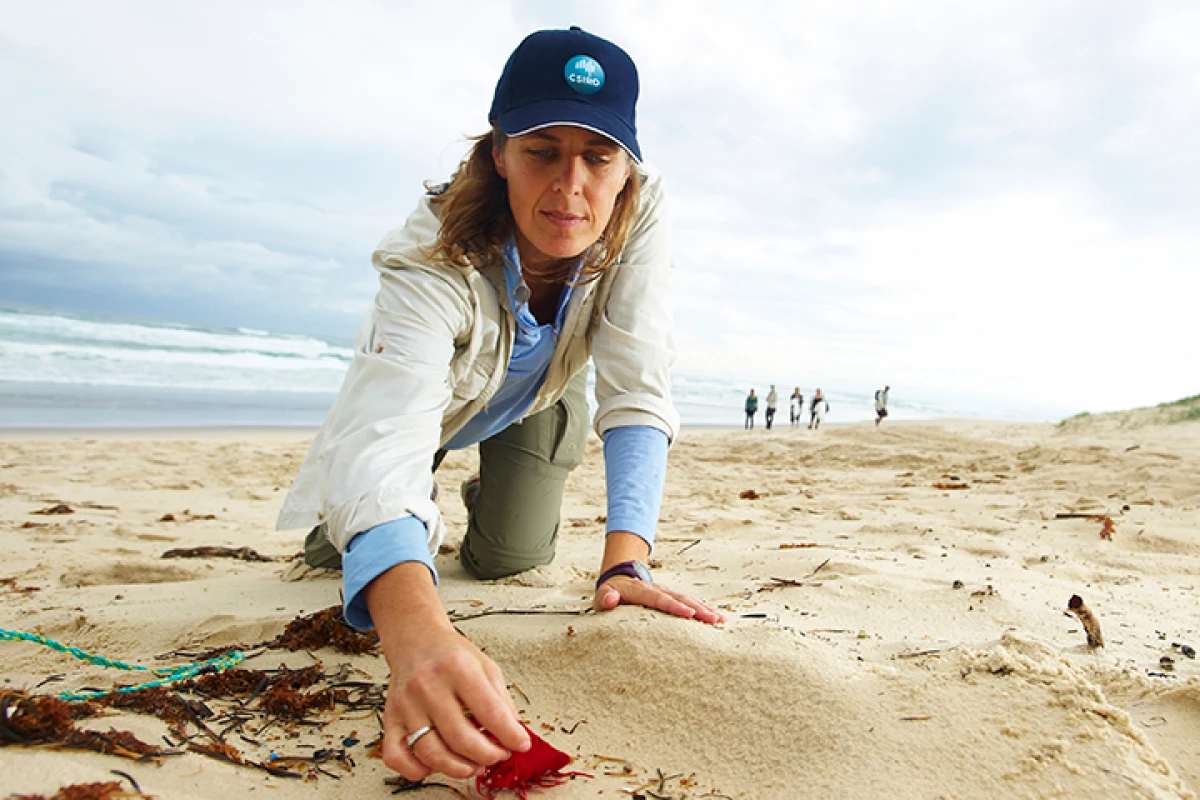Although there's no doubt that marine plastic waste pollution is a major environmental problem, there may be at least a small sliver of hope. According to a new study, plastic trash on Australian beaches has actually decreased by almost a third in recent years.
The study was conducted by a team from Australia's Commonwealth Scientific and Industrial Research Organisation (CSIRO), led by Dr. Kathryn Willis. Based on 563 hands-on coastal inspections, and interviews with waste managers in 32 municipalities, it follows up on a similar study conducted by CSIRO in 2013.
All in all, it was found that over a six-year period since that previous study was conducted, the amount of plastic waste found on Australian beaches decreased by an average of 29 percent. The scientists believe this reduction was due mainly to three factors.
First and foremost, it is thought that a large role was played by programs which make waste reduction more economically feasible. Such programs could include curbside pickup of discarded plastic items for recycling.
Secondly, the researchers believe that increased vigilance against the illegal disposal of trash at sea – and the fining of people or groups that commit such crimes – has been a major factor. And finally, planned activities such as voluntary cleanup initiatives were said to play a large role.
Tellingly, it was found that municipalities which had not updated their waste management strategies, or that removed their budget for coastal waste management, had considerably "dirtier coastlines" than others that were surveyed over the six-year period.
"Whilst plastic pollution is still a global crisis and we still have a long way to go, this research shows that decisions made on the ground, at local management levels, are crucial for the successful reduction of coastal plastic pollution," said Willis.
This latest study is part of CSIRO's larger Ending Plastic Waste Mission, which is aimed at achieving an 80-percent reduction in plastic waste entering the Australian environment by 2030.
Source: CSIRO




